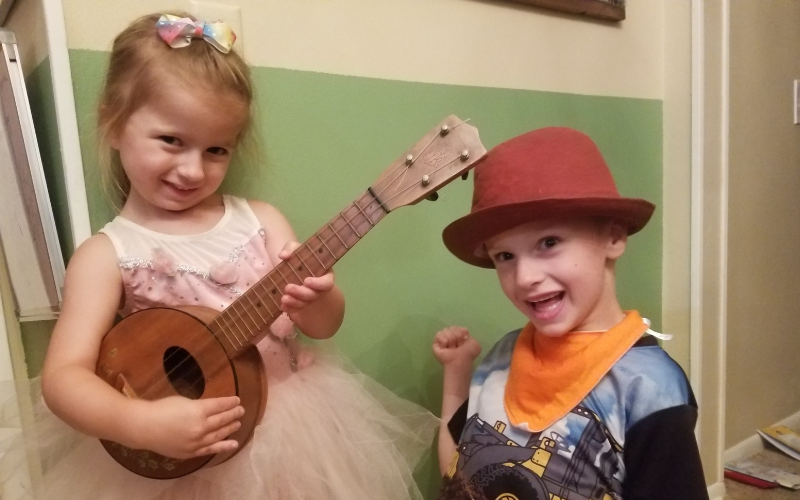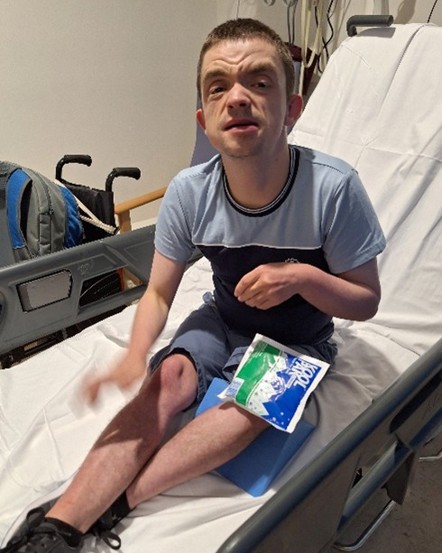Living Life to the Fullest

Victoria Tkachuk
I'm from the Midwest region of the United States and I have four children, three neurotypical daughters and one son with dyskinetic cerebral palsy. My...

What does this mean for a special needs person?
We live in a time when we're told “Anything is possible” in regards to our life path. Our kids are often asked what their dream job is, and their answers are encouraged and nurtured – no matter how grandiose they are. You want to be an Astronaut, Circus Performer, Race Car Driver, President, Professional Athlete, or raise Kangaroos for a living? Well, baby, it will be a lot of work, we tell them, but you can do anything you set your mind to!
Then they start school and, within a few years, are being coerced into more practical positions: a nurse, a code writer, a mechanic. Or they're set on a path by expectant parents toward perpetual education: go to university, then graduate school, then teach.
Though we start them off with best intentions, cheering them on in their chosen endeavors, it doesn't take long for our kids to find out that they are simply not great at everything they try to do. This is true of all kids, not only those with additional needs. And of course, it is true of all humans in general. Simply put, we are not all going to be geniuses and multi-talented ingenues.
So what do we do as parents when our kids face this reality? After all, we're responsible for telling them they could “do anything they set their minds to,” right? We tend to look like hypocrites if we agree with them, or liars if we don't. It's a merry-go-round of trying to nurture them emotionally while teaching them the hard truths about life. It's our own fault, really, if we've raised them with an eye firmly fixed on “realizing their potential” within a career or vocation.
Now let's contrast the encouragement given to a child with special needs. I'll use my own experience with my son as an example.
My son has dyskinetic Cerebral Palsy and Hypotonia, both of which affect his core strength, coordination, speech and motor ability. This is a result of a brain injury at birth, so it's the only way he's ever been, or anyone has ever known him.
There have been teachers and the occasional well-wisher along the way that have asked, “What do you want to be when you grow up?” But, for the most part, people (including myself) avoid this kind of conversation with him. There are a multitude of reasons for that, but many boil down to the obvious fact that his motor impairments will likely exclude him from many of the more imaginative paths kids usually profess. Could he be a firefighter in some capacity? Maybe. But the kind that runs into a building and carries people to safety? Probably not (he doesn't walk, for starters).
So how do I encourage him? It is vital that I do, and that it's done with sensitivity and wisdom.
When we talk about the future, I focus the conversation on his character, not his apparent physical abilities. Could he do this or that in life, sure, but more importantly, what kind of person will he be? Will he take risks, be sincere, continue to persevere despite setbacks? Will he be a truth-seeking person, a diplomatic friend, an objective listener, be comfortable with humility, and have a love for others? These are the developments I care about.
Each of our children, regardless of their neurological or physical condition, has the potential to become the person described above. This is the potential we should encourage. Reaching for this is how they live a life to the fullest.


